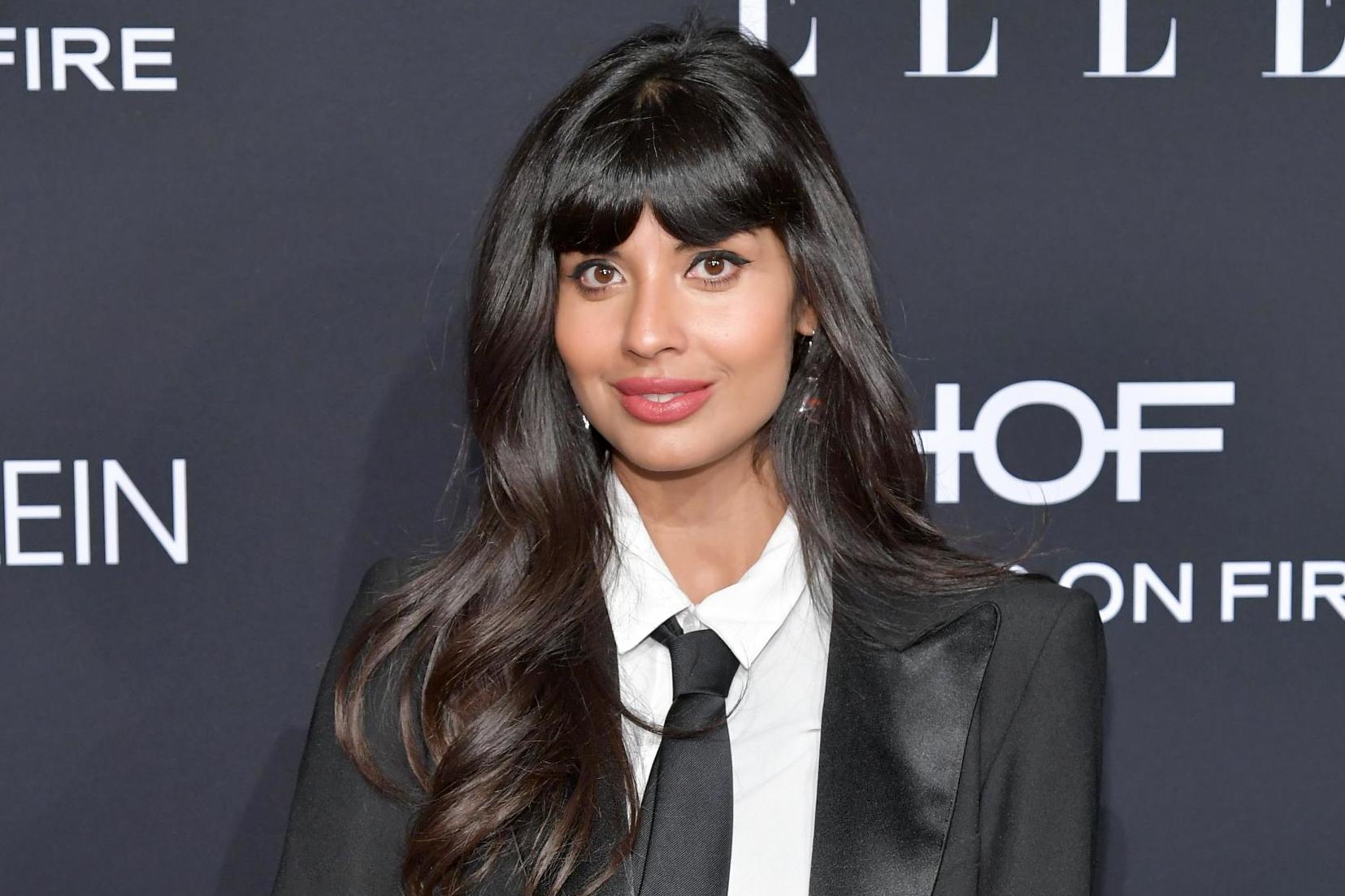Jameela Jamil’s anti-airbrushing cause is admirable – but it could create more problems for women than it would ever solve
The Good Place star raised some important points, but the reality is that big, blemished girls will continue to be left out of the conversations that they should be leading


Actor and model Jameela Jamil, known for starring in the American sitcom The Good Place, has caused a serious stir after calling for airbrushing to be made illegal.
In a piece for the BBC 100 Women Initiative, Jamil explained why this practice of editing and enhancing photos is seriously problematic. She made a great case. It’s misleading, she argues, to use an airbrushed image to advertise products.
She goes on to say that digital alterations are doubly psychologically damaging: they’re upsetting for the person in the photograph, and distressing for impressionable people viewing the image.
She also rightly points out that social media filters have exacerbated the problem; we’ve become utterly accustomed to the idea that our natural faces and bodies are in need of retouching. These are very important issues, and it’s great that Jamil is using her platform to draw attention to such a widespread, sinister practice.
My concern is that, if we ban airbrushing, companies and magazines will still find flawless individuals to photograph. It would be lovely to think that the patriarchy would simply give up if we took away its photoshopping software – but don’t you think it’s much more likely that the bar for beauty standards would only be raised?
Models with blemishes would be discounted in favour of unblemished alternatives. The tyranny of female physical perfection would not be toppled, because there will always be a supply of women who do look pretty-damn-perfect without the help of digital enhancements.
So, instead of trying to ban airbrushing, we should be fighting on a more general front; questioning the invisibility of women who don't adhere to a physical ideal devised by the patriarchy.
The very fact that the slim, relatively light-skinned, conventionally beautiful Jamil has become the most prominent voice on this issue is part of a problematic picture. Obviously, her good-looks shouldn't be used to undermine her salient arguments, but we'd be doing feminism a disservice if we didn't talk about the fact that her beauty makes her activism more palatable – to the masses and to the media.
Twitter users were quick to comment that Jamil doesn’t need to be airbrushed, and that a couple of stretch marks don’t affect the fact that she is incredibly, conventionally attractive. They do have a point. Other women, who stray further from society’s physical ideals – with bigger frames, darker skin, less dollish features – are, incredibly ironically, being excluded from these mainstream conversations about the cosmetic pressures of the patriarchy.
Of course, I feel for Jamil. What do we expect her to do, preface every social media post with the disclaimer “I know I’m incredibly beautiful, but…”? The patriarchy will be rubbing its hands together with glee if we start silencing women on the basis that they’re too pretty.
After all, we may struggle to understand how a woman as beautiful as Jamil has such an axe to grind with patriarchal beauty standards, given that she adheres to them so closely, but that doesn’t mean she isn’t being genuine. Of course gorgeous women are still victims of these damaging physical expectations, and body-dysmorphia is a very common affliction.
This isn’t about telling attractive women to keep their cupid-bow mouths shut. It’s great if actors and models can use their platforms to question the patriarchal standards that facilitate their success.
But, that being said, turkeys don’t usually vote for christmas. People who make a lot of money from their good-looks are unlikely to address the big, blemished, elephant in the room.
The reality is that big, blemished girls continue to be left out of the conversations that they should be leading. Jamil has raised some really important points, perhaps to the detriment of her own career, and I applaud her for trying to use her privilege to make a positive change.
But airbrushing is only part of the problem. We need to be talking about the fact that conventionally beautiful women are hyper-visible, while those who don’t adhere to patriarchal, western beauty standards have to fight extra hard to be heard, seen, or appreciated.

Join our commenting forum
Join thought-provoking conversations, follow other Independent readers and see their replies